Turkey summons Swiss envoy over anti-Erdogan protest
Turkey's Foreign Ministry summoned Switzerland's deputy ambassador to Ankara on Saturday over a protest in the Swiss capital Bern against President Recep Tayyip Erdogan, the state-run Anadolu agency reported.
Anadolu said some 250 people, including supporters of the outlawed Kurdistan Workers Party (PKK), staged a rally earlier on Saturday in Bern calling for a 'No' vote in an April referendum in Turkey that could give Erdogan sweeping new powers.
The PKK is designated a terrorist organization by Turkey, the United States and the European Union.
Erdogan on Saturday lashed out again in the diplomatic row with the European Union saying it would be "easier" if the EU just rejected Turkey's bid to join the bloc.
Turkey and Europe are locked in a bitter dispute after Germany and the Netherlands blocked Turkish ministers from campaigning in the local Turkish communities for a 'yes' vote on boosting Erdogan's powers in next month's referendum.
"What? If a 'yes' comes out on April 16, they would not take us into the European Union? Oh, If only they could give this decision! They would make our work easier," Erdogan said at a rally in the southern city of Antalya.
Despite severely strained relations with Brussels, no EU leader has openly said a 'yes' vote would spell the end of Turkey's already-embattled bid to join the bloc.
But Erdogan told the rally that "April 16 would be a breaking point," referring to EU-Turkey relations if the 'yes' vote wins.
"We will put this (EU-Turkey) business on the table because Turkey is no one's whipping boy," he added, indicating that Ankara could reconsider its relationship with Brussels.

And among some European politicians, there has been discussion over what the future of Turkey's membership process would be.
Kati Piri, the European Parliament's Rapporteur for Turkey, wrote for Politico Europe earlier this week that if a majority of voters approved the constitutional changes, "the European Parliament will have to assess whether the country’s new governance structure meets the EU’s Copenhagen accession criteria".
In the referendum Turks will decide whether to approve constitutional changes that would create an executive presidency and would see the role of prime minister axed.
While the government argues it is necessary for political stability and would avoid fragile coalition governments, critics fear it will lead to one-man rule.
Erdogan has repeatedly accused European countries including Germany of using "Nazi measures," comments that have been condemned by the bloc's leaders.
"For as long as you continue to call me dictator, I will continue to call you fascist, Nazi," Erdogan retorted.
Another contentious issue is the death penalty, which the Turkish president said again Saturday he would approve if it was passed by parliament and brought to him.
"What? If the death penalty is introduced for the 249 people killed, Turkey has no place in Europe. Oh, let it not be!" he said, referring to the number of people killed during last July's failed coup.
Turkey abolished the death penalty in 2004 as part of its bid to join the EU.
But Brussels has repeatedly made clear that any move to bring it back would scupper Turkey's efforts to join the bloc.
(Source: Agencies)
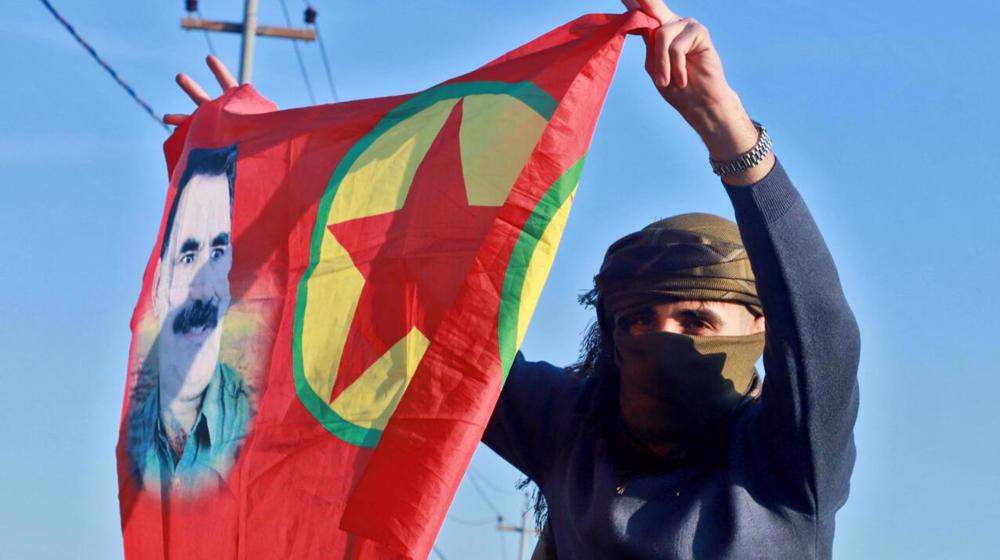
PKK militants declare ceasefire with Turkey to end 40-year bloodshed
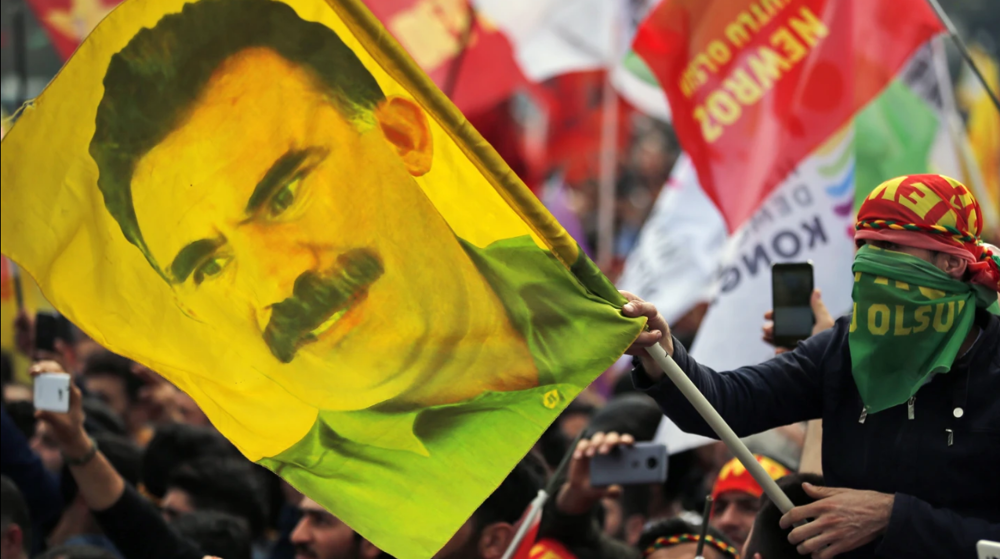
Kurdish leader Ocalan calls on PKK militants to end war with Turkey
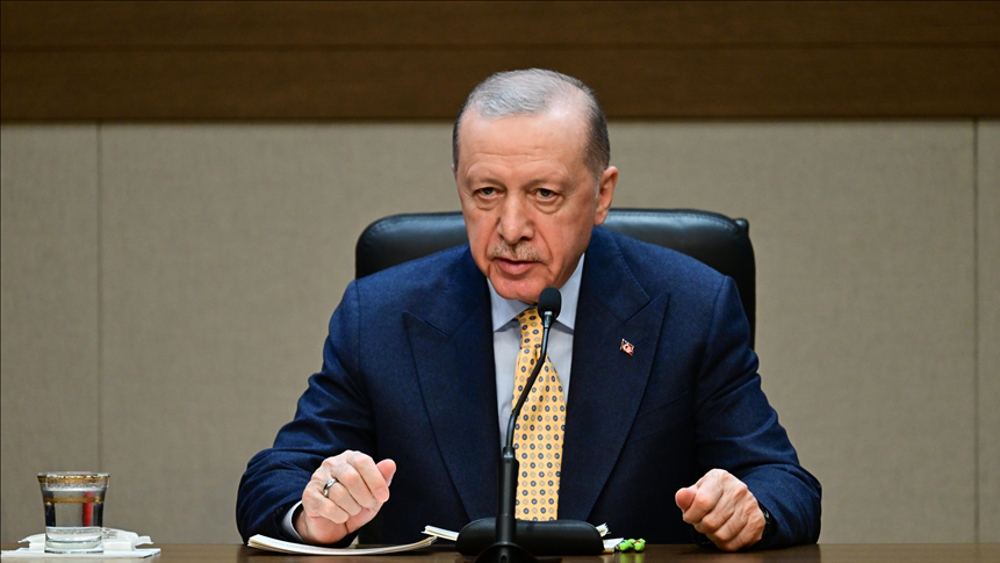
Erdogan: No power can remove Palestinians from their 'eternal' homeland
Iranian film ‘In the Shadow of Cypress’ wins Oscar for Best Animated Short
Arab countries slam Israel’s decision to block humanitarian aid into Gaza
Sanders dismisses Republicans’ ‘horrific’ calls for Zelensky to resign
VIDEO | Activists project censored Gaza documentary onto BBC Scotland office
Yemen warns Israel, US: We are watching Gaza; enemies ‘lined up in the crosshairs’
VIDEO | Ramadan in Pakistan: A month of devotion, generosity
VIDEO | Muslims in India begin Ramadan with prayers for peace and solidarity with Palestine
VIDEO | Press TV's news headlines







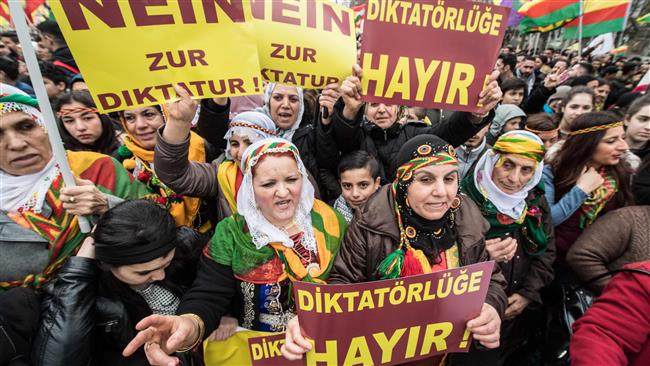
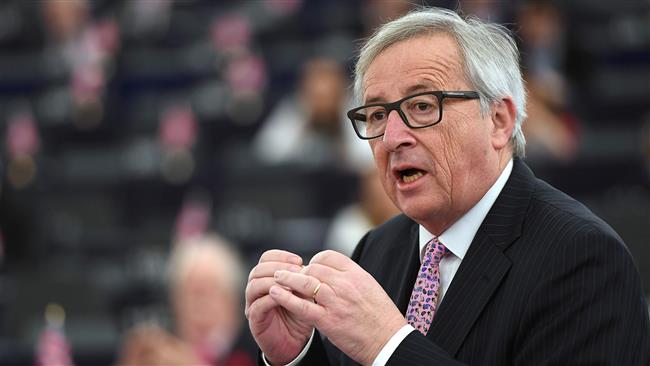
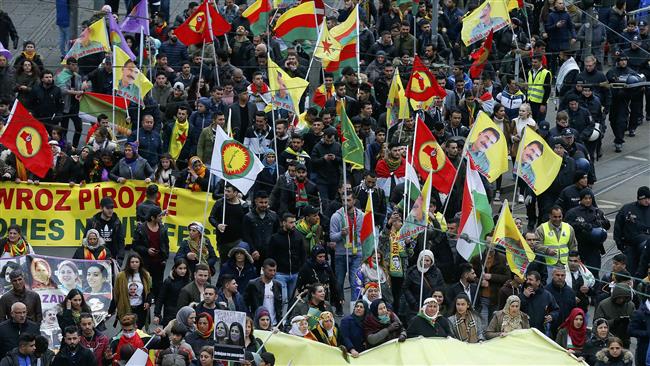


 This makes it easy to access the Press TV website
This makes it easy to access the Press TV website